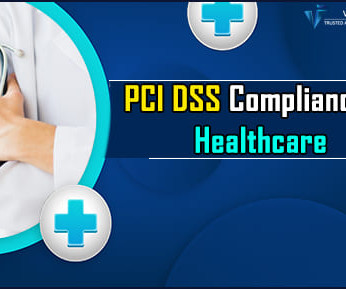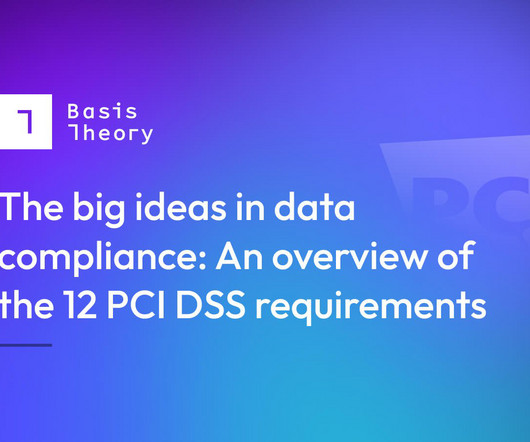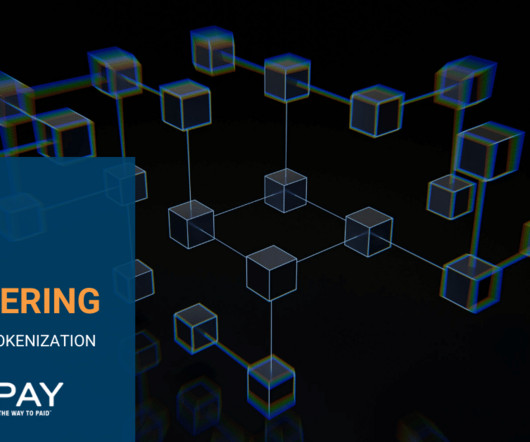PCI DSS Compliance in Healthcare
VISTA InfoSec
JULY 5, 2023
In this blog post, we’ll delve into the significance of PCI DSS compliance in healthcare and explore how it helps protect patient data and privacy. Medical Data: Medical information is stored securely in digital files, databases, fingerprint records, and DNA samples. What is PCI DSS in the Healthcare Industry?












Let's personalize your content